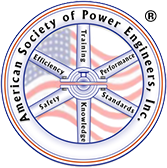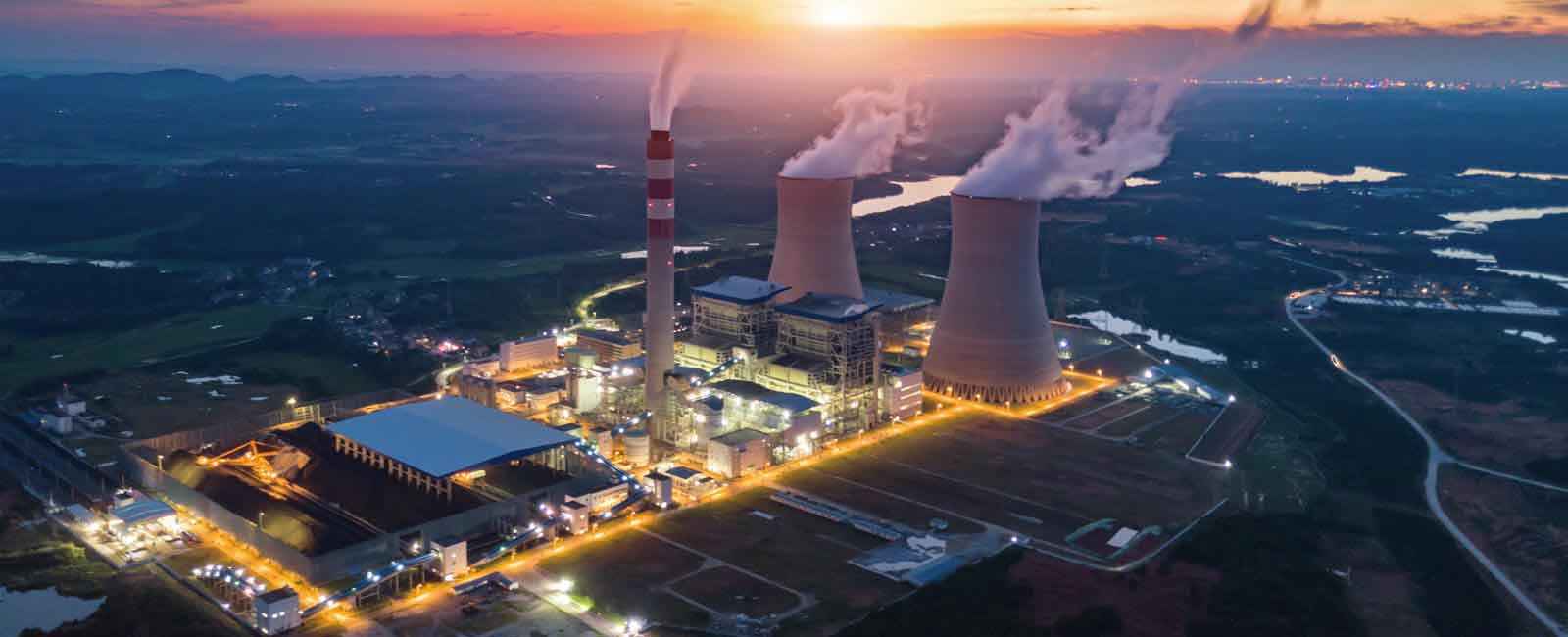Establishing National
Standards for Power Engineers.
Gas Turbine Technician - Second Class
ASOPE® offers an opportunity to obtain a Gas Turbine Technician - Second Class license. A list of qualifications that are required to receive your Gas Turbine Technician - Second Class license is outlined below. Requirements include being the minimum age of 20 years old, having a high school diploma/GED or equivalent, and one year of experience as a third-class Gas Turbine Technician.
If all qualifications are met, you will be required to schedule an exam. The exam consists of a wide range of curriculum, including, but not limited to, gas turbine cycles, combined cycle, compressors, axial flow, blade cooling, exhaust frame assembly, and more. Upon completion of the Gas Turbine Technician - Second Class license exam, an ASOPE® representative will notify you of a "pass" or "fail" status. If you fail, you will be offered additional opportunities to retake the exam. Please review our Failed Test Procedures to learn more.
If you have any questions or concerns regarding the Gas Turbine Technician - Second Class license, please contact the ASOPE® national office.
Qualifications
- Minimum age - 20
- Education - High School Diploma, GED, or Equivalent
- Experience - Two years
- Note: One year of time in grade as a Simple Cycle CT Plant Operating
- An engineer second class may be used for the two years of experience for the Combined Cycle CT Plant Operating Engineer 3rd Class
- Minimum time in previous grade - One Year
- Examination - Written (Oral or Practical when necessary)
Curriculum at the Minimum:
- Gas Turbine Cycles
- Single and Two Shaft Arrangement
- Exhaust Heat Recovery
- Combined Cycle
- Compressors
- Axial Flow
- Centrifugal Flow
- Compressor Stall at Startup
- Combustion Arrangements
- Turbine Construction
- Blade Cooling
- Turbine Efficiency
- Exhaust Frame Assembly
- Gas Turbine Starting Devices
- Oil Systems
- Combustion System
- Fuel Systems and Type Combustors Nozzles/Burners
- Oil, Gas, and Air Systems
- Cooling Systems
- Sealing Systems
- Purge Systems
- Primary Air Inlet System
- Environmental Limits
- Generator Electrical Theory
- Basic Refrigeration
- General Industry Safety


